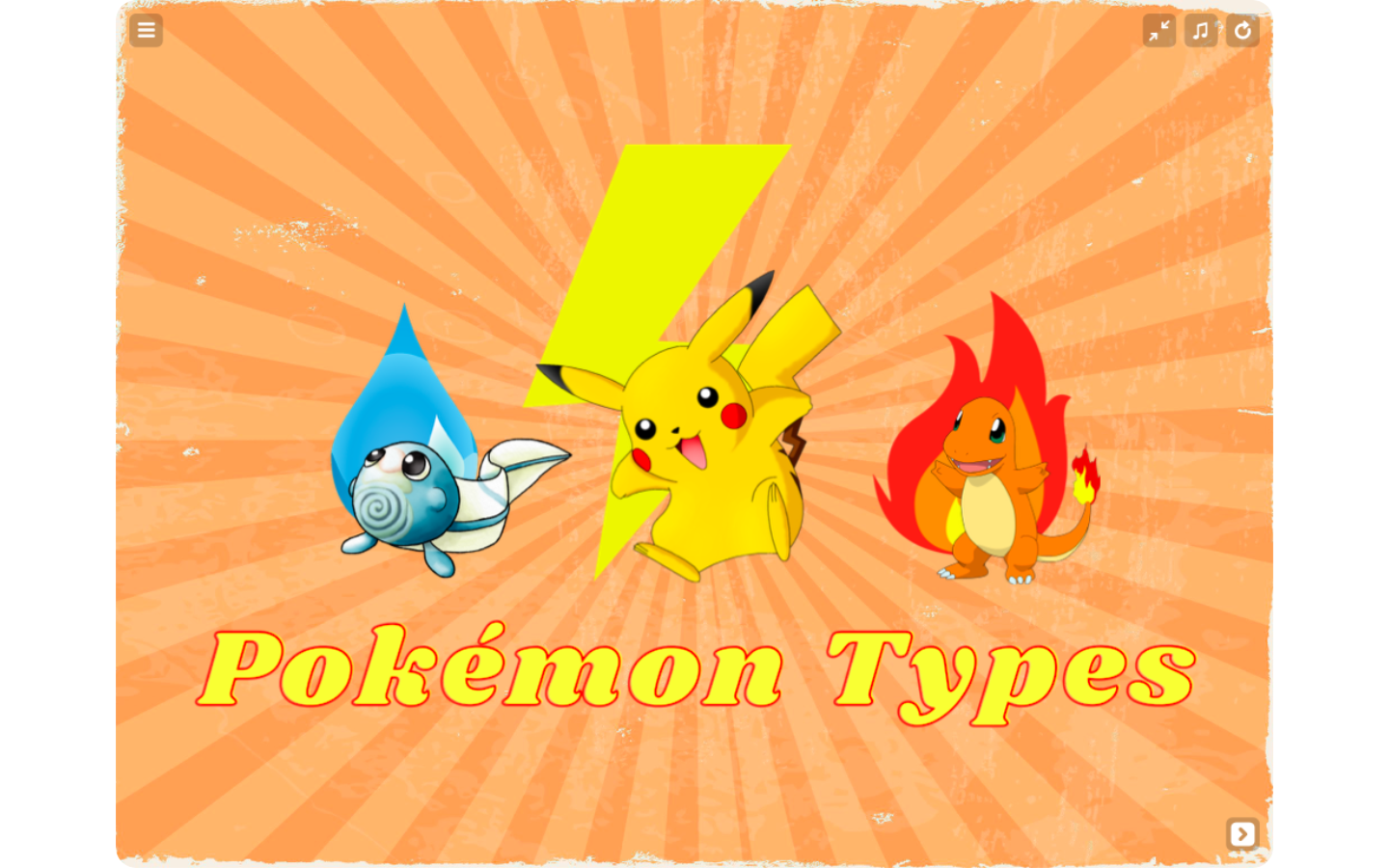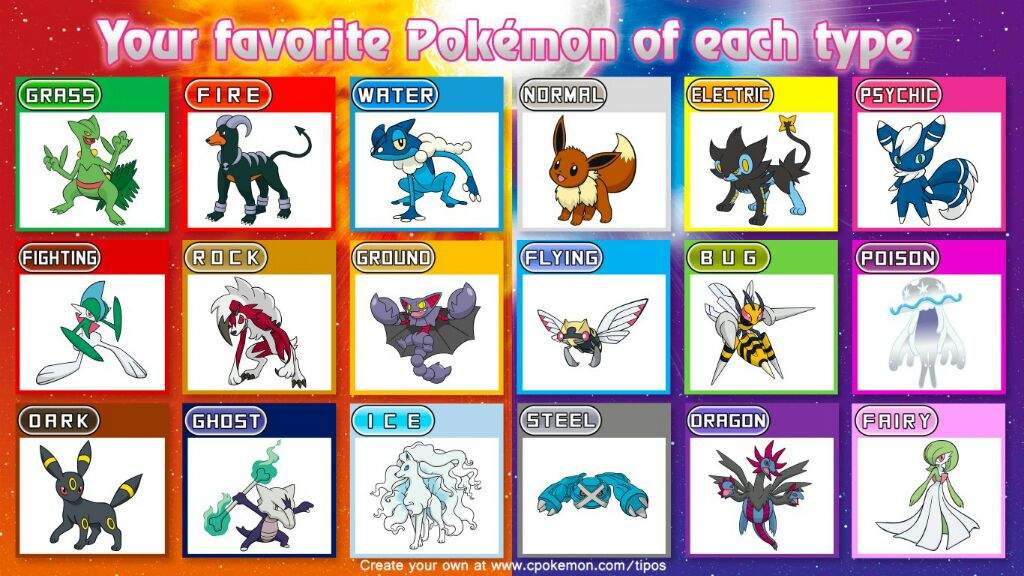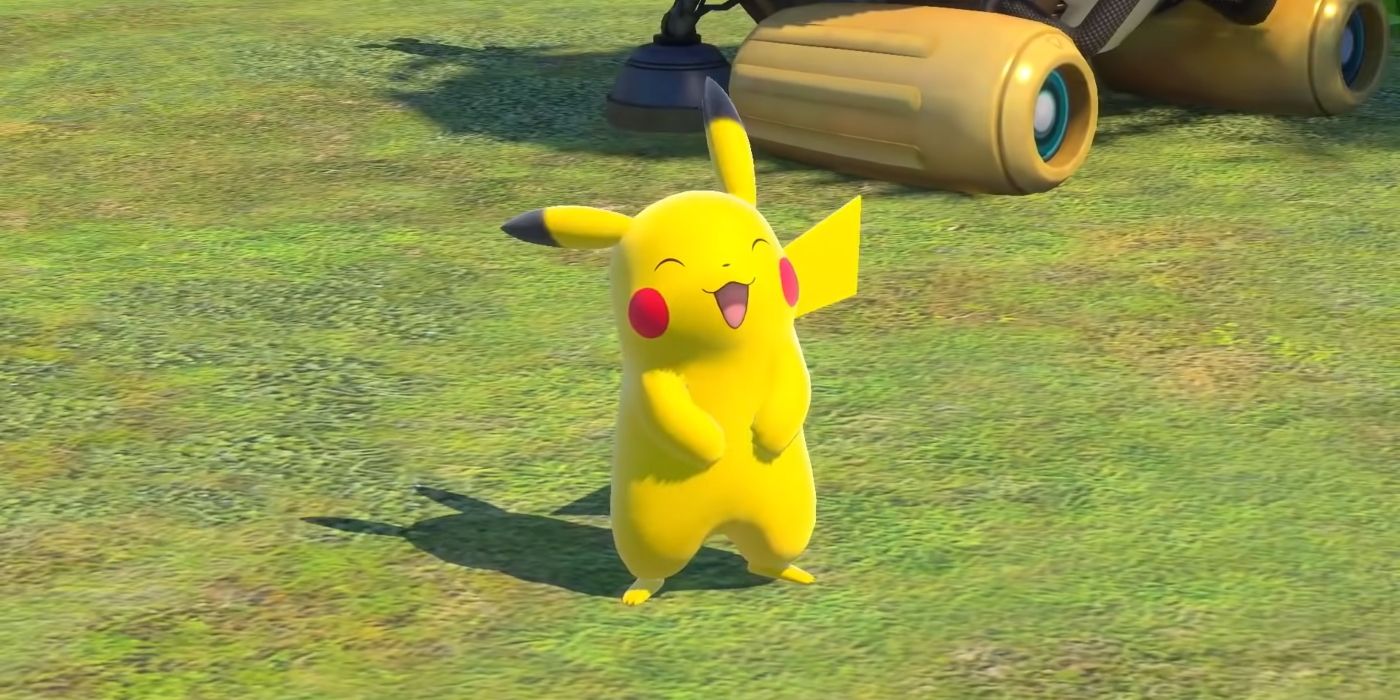This article dives deep into the multifaceted world of Pokémon, exploring its enduring appeal beyond simple creature collecting. We’ll journey from its humble beginnings to its current global phenomenon status, analyzing its core mechanics, its impact on pop culture, and its lasting influence on gaming and beyond. Prepare for a nostalgic trip down memory lane, interspersed with insightful analysis for both seasoned trainers and curious newcomers alike.
The Genesis of a Global Phenomenon: From Game Boy to Global Empire
The Pokémon franchise didn’t burst onto the scene fully formed; it was a carefully cultivated evolution. Its origins lie in the creative minds of Satoshi Tajiri and Ken Sugimori, who conceived the idea of creatures inhabiting our world, waiting to be discovered and befriended. This simple, yet revolutionary, concept formed the bedrock of Pokémon Red and Pokémon Green, released in Japan in 1996 on the Game Boy. The initial success was undeniable, setting the stage for the international explosion that followed.
The Early Days and the Kanto Region:
The initial games, Pokémon Red and Green, introduced the world to 151 Pokémon, each with unique abilities and stats. The core gameplay loop – catching, training, and battling Pokémon – was deceptively simple yet incredibly addictive. The exploration of the Kanto region, filled with vibrant towns, challenging Gyms, and a compelling narrative about thwarting Team Rocket’s evil plans, resonated with players of all ages. The strategic depth of Pokémon battles, requiring thoughtful team composition and clever type matchups, added another layer of complexity that kept players engaged for hours. The trading aspect, necessitating interaction with other players, further fueled the community’s growth.

Global Expansion and the Rise of the Franchise:
The success of the original Game Boy games paved the way for a massive expansion. The franchise quickly branched out to trading cards, an anime series, manga, and a plethora of video games spanning multiple platforms. Each new generation introduced new Pokémon, regions to explore, and updated mechanics, ensuring the franchise remained fresh and relevant for years to come. The anime, with its iconic characters Ash Ketchum and Pikachu, further cemented Pokémon’s place in popular culture, captivating audiences worldwide.
The Core Mechanics: Battling, Catching, and Collecting
At its heart, Pokémon is a game about collecting and battling creatures. The simplicity of its core mechanics belies its strategic depth.
Pokémon Battles: A Strategic Dance:
Pokémon battles are turn-based affairs, where two trainers pit their teams against each other. Each Pokémon possesses a specific type (e.g., Fire, Water, Grass) that determines its strengths and weaknesses against other types. Effective trainers must strategically utilize type matchups, choosing Pokémon that exploit their opponents’ weaknesses. Understanding a Pokémon’s moveset, stats, and abilities is crucial for victory. The introduction of abilities further enhanced the strategic depth, adding unpredictable elements to battles.

The Art of Pokémon Catching:
Catching Pokémon is just as integral as battling. Players use Poké Balls, specialized devices for capturing wild Pokémon. The success rate of capturing a Pokémon depends on its health and the type of Poké Ball used. The thrill of the chase, the anticipation of a successful catch, adds a unique layer of excitement to the gameplay.
Pokémon Collecting and the Completionist Drive:
The sheer number of Pokémon across various generations fuels a strong collector’s instinct. The drive to "catch ’em all" has been a central theme of the franchise from the very beginning. The completionist drive, combined with the trading mechanic, solidified the social interaction inherent in the Pokémon experience.
The Cultural Impact: A Global Phenomenon
Pokémon’s influence transcends the gaming world. Its global impact is undeniable, shaping pop culture in various ways.

The Anime’s Enduring Legacy:
The Pokémon anime is a cultural touchstone for millions worldwide. Ash’s unwavering determination, Pikachu’s endearing personality, and the captivating stories have resonated with audiences for decades. The show introduced concepts of friendship, perseverance, and the importance of teamwork. Its longevity is a testament to its enduring appeal and widespread recognition.
The Trading Card Game: A Collector’s Dream:
The Pokémon Trading Card Game (TCG) is a phenomenal success story in its own right. Its strategic gameplay, coupled with the collectible nature of the cards, created a dedicated community of players and collectors. The rarity and value of certain cards have made the TCG a lucrative market, further contributing to its popularity.
The Merchandise Mania:
The Pokémon franchise has generated a vast amount of merchandise, from clothing and toys to video games and home goods. This expansive reach reflects the franchise’s immense popularity and ability to tap into diverse consumer markets.

The Future of Pokémon: Continual Evolution
The Pokémon franchise shows no signs of slowing down. With the success of Pokémon Go and the continued release of new games and series, the future looks bright.
Pokémon Go and Augmented Reality:
Pokémon Go revolutionized the gaming landscape by merging the virtual world of Pokémon with the real world through augmented reality. Its massive success proved the enduring appeal of Pokémon in a new, interactive format.
The Continued Release of New Games and Content:
The consistent release of new games, anime seasons, and merchandise demonstrates the ongoing dedication of the creators to maintaining and expanding the franchise. This commitment to innovation and expansion ensures the franchise remains relevant and engaging for future generations.
The Ever-Expanding Pokémon Universe:
The introduction of new regions, Pokémon, and gameplay mechanics in each generation continues to build upon the rich lore and world that has captivated fans for over two decades. This expansion, combined with innovative technologies and engagement strategies, ensures that the future holds even more exciting opportunities for the Pokémon franchise.
In conclusion, Pokémon’s enduring success is not merely a testament to a well-designed game, but to its ability to tap into universal themes of friendship, adventure, and the thrill of discovery. Its impact on gaming, pop culture, and global society is undeniable, proving that the power of pocket monsters resonates deeply with people of all ages and backgrounds. The journey is far from over; the world of Pokémon continues to evolve and captivate, promising many more exciting adventures to come.


